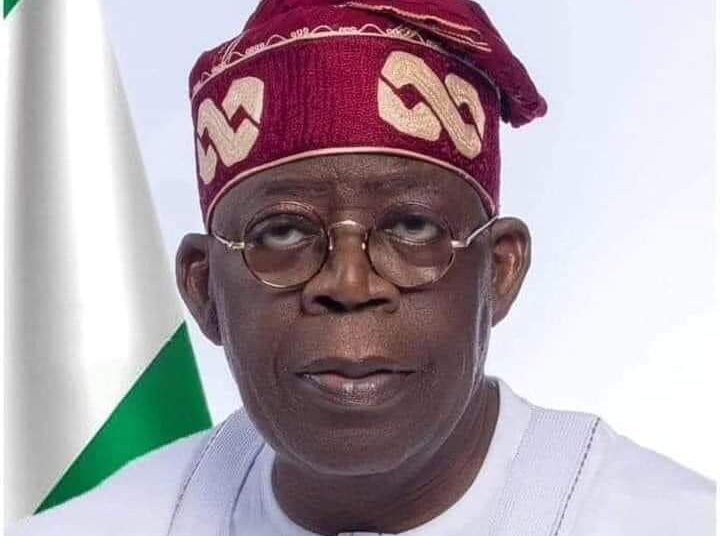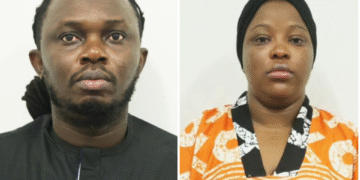Our President Bola Ahmed Tinubu is desperate to appear like he is sufficiently concerned about the living plights of Nigerians since his IMF/World Bank instigated removal of ‘fuel subsidy’ in May of this year. To be sure, the President has thrown so much money at the problem in form of several not so well thought out regimes of palliatives, cash awards/transfers, ‘salary awards’, the yet to be implemented N25, 000.00 monthly stipends to the most vulnerable and such; while we await the implementation of a new wage structure for (Federal) government worker as championed by the NLC/TUC.
And just on Wednesday, we have the announced 50% reduction in transport fares across Nigeria between now and January 4, 2024.
The common thread running through all of these interventions is the fact that they are not well thought out at the least; which is a precursor to poor implementation. The maths is not even adding up.
I will start by pointing out that putting all of the above interventions together is costing government more that what the removed subsidy would have cost in the same space of time. Give me your figures if you think otherwise.
The economic sense of the spending also is questionable because, those ‘injections’ have purely been funding consumption and not production thereby agravating the already bad inflationary trend. As at today, our inflation rate has climbed steadily towards the 30% mark.
According to Trading Economics global macro model and analysts expectations, ‘Inflation Rate in Nigeria increased to 28.20 percent in November from 27.33 percent in October of 2023. Inflation Rate in Nigeria is expected to be 30.00 percent by the end of this quarter’. This same figures are exactly as quoted even by the Nigerian Bureau of Statistics NBC.
Corruption has also streadily marched on as corruption thrives best in this kind of ‘reactionary economic interventionism’ where government spending is dictated by tokenism and crass momentary expedience. Which takes me to the issue under review in this article: the 50% reduction in transport fares across the country.
Pray, how does the 28 routes as announced by the FG translate to ‘across the country’? How can the program be hinged on just 5 transport companies that are mostly operational between Lagos, Abuja and the East.
Government seem to think people only travel to and from the East, Lagos and Abuja. That would be because tokenism is the underclared intention of the government. Those routes as delineated by government would suggest people don’t travel to Akure, to Ado-Ekiti, Ilorin, Ibadan etc for Christmas. Tokenism is always very difficult to cover.
What really is tokenism?
An action is said to be tokenistic if the person doing it wants to seem like they are helping a group of people who are treated unfairly in society, but their action is not meant to make lasting changes to how those people are treated. According to Oxford Dictionary, tokenism is the practice of making only a perfunctory or symbolic effort to do a particular thing, especially by recruiting a small number of people from under-represented groups in order to give an (the) appearance…
Therefore, we can see clearly that government is only trying to give an appearance and they are doing a very poor job of it. It is predictable at the end of the day that because the program was not well thought out, it will fall flat achieving it’s objectives. Soon enough, stories will emerge as to how the real people who are the supposed beneficiaries will be left high and dry as government officials convert the project to serve their immediate family and friends. And of course, how the transport companies collude with government officials to inflate and completely concorted figures.
Predictably, at the end of the program in January 2024, a new tranche of emergency millionaires would have emerged, and our economy would have been worsted by the ‘fraudulent tokenism’.
I stand to be corrected.
Kayode Adejumo-Bello,
Ibadan based Public affairs commentator, professional Biographer and Creative writer













